Get ready for the SHOCK…
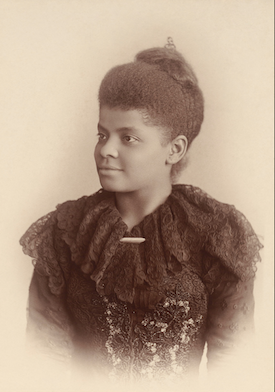 Ida B. Wells-Barnett was a prominent journalist, activist, and researcher, in the late 19th and early 20th centuries. In her lifetime, she battled sexism, racism, and violence. As a skilled writer, Wells-Barnett also used her skills as a journalist to shed light on the conditions of African Americans throughout the South.
Ida B. Wells-Barnett was a prominent journalist, activist, and researcher, in the late 19th and early 20th centuries. In her lifetime, she battled sexism, racism, and violence. As a skilled writer, Wells-Barnett also used her skills as a journalist to shed light on the conditions of African Americans throughout the South.
Ida Bell Wells was born in Holly Springs, Mississippi on July 16th, 1862. She was born into slavery during the Civil War. Once the war ended Wells-Barnett’s parents became politically active in Reconstruction Era politics. Her parents instilled into her the importance of education. Wells-Barnett enrolled at Rust College but was expelled when she started a dispute with the university president. In 1878, Wells-Barnett went to visit her grandmother. While she was there Wells-Barnett was informed that a yellow fever epidemic had hit her hometown. The disease took both of Wells-Barnett’s parents and her infant brother. Left to raise her brothers and sister, she took a job as a teacher so that she could keep the family together. Eventually, Wells-Barnett moved her siblings to Memphis, Tennessee. There she continued to work as an educator. Continue reading

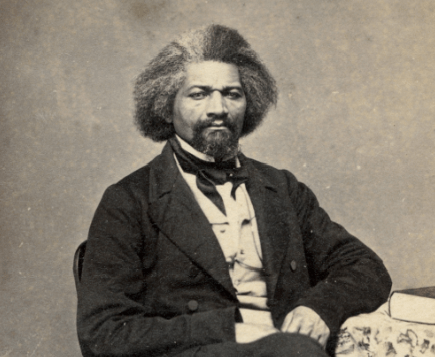
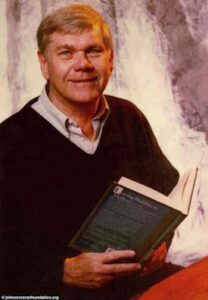 A California man has described how he managed to keep his illiteracy a secret from the world for decades – even when he worked as a teacher for 17 years.
A California man has described how he managed to keep his illiteracy a secret from the world for decades – even when he worked as a teacher for 17 years.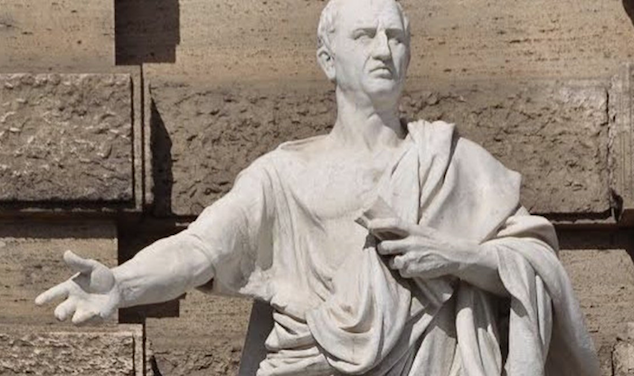 John Adams said of Marcus Tullius Cicero (106-43 BCE) that “All ages of the world have not produced a greater statesman and philosopher combined.” Anthony Everitt called him an “architect of constitutions that still govern our lives.” Thomas Jefferson said the Declaration of Independence was based on “the elementary books of public right, as Aristotle, Cicero, Locke, Sidney, etc.”
John Adams said of Marcus Tullius Cicero (106-43 BCE) that “All ages of the world have not produced a greater statesman and philosopher combined.” Anthony Everitt called him an “architect of constitutions that still govern our lives.” Thomas Jefferson said the Declaration of Independence was based on “the elementary books of public right, as Aristotle, Cicero, Locke, Sidney, etc.” 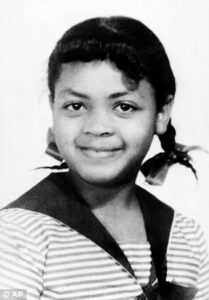 The Topeka girl was just nine years old when her father Oliver Brown tried to enroll her at Sumner Elementary School, an all white school in 1951.
The Topeka girl was just nine years old when her father Oliver Brown tried to enroll her at Sumner Elementary School, an all white school in 1951.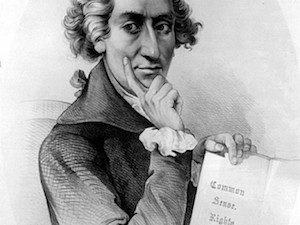
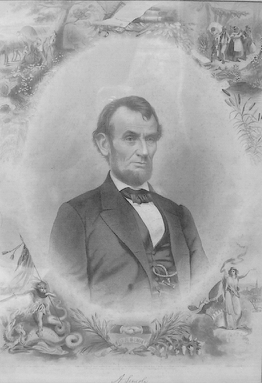 The title of this article is a legitimate question – not only for Lincoln, but for the rest of us as well. Do our political actions reflect our theology? If you look today at some of these Democrats and RINO’s that hate Trump and will do or say anything to hurt his agenda, true or not, (and most of the time it isn’t) you have to ask if what they are doing reflects their theology – and if it does – then what does it say about the god they serve?
The title of this article is a legitimate question – not only for Lincoln, but for the rest of us as well. Do our political actions reflect our theology? If you look today at some of these Democrats and RINO’s that hate Trump and will do or say anything to hurt his agenda, true or not, (and most of the time it isn’t) you have to ask if what they are doing reflects their theology – and if it does – then what does it say about the god they serve?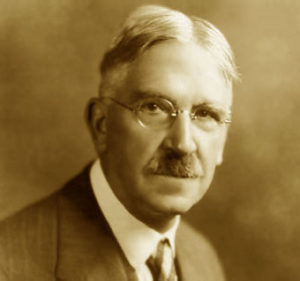
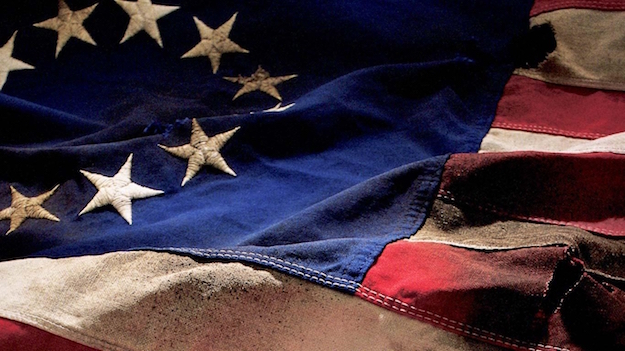 John Dickinson was among America’s most important founders. He was a colonial legislator, member of the Stamp Act, Continental, and Confederation Congresses, chief executive of both Delaware (by a 25 to 1 vote; his being the only opposed) and Pennsylvania, president of the 1786 Annapolis convention that led to the Constitutional Convention, and among the most informed and seasoned statesmen to attend it. Historian Forrest McDonald wrote that, but for Dickinson and a few others, “the resulting constitution would not have been ratified.”
John Dickinson was among America’s most important founders. He was a colonial legislator, member of the Stamp Act, Continental, and Confederation Congresses, chief executive of both Delaware (by a 25 to 1 vote; his being the only opposed) and Pennsylvania, president of the 1786 Annapolis convention that led to the Constitutional Convention, and among the most informed and seasoned statesmen to attend it. Historian Forrest McDonald wrote that, but for Dickinson and a few others, “the resulting constitution would not have been ratified.” 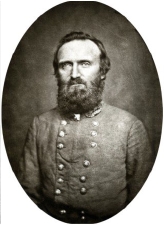
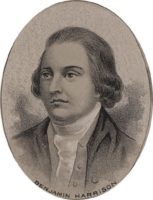 Benjamin Harrison the Signer was born at Berkely (later called Harrison’s Landing) in Charles City County, Virginia. He was the son of Benjamin Harrison and Anne Carter Harrison, daughter of Robert ‘King’ Carter of Corotoman. After education at the College of William and Mary this Benjamin in 1749 became the fifth in a line of planter/politicians of the same name to sit in and stolen slaves were returned or replaced. And when an excise was proposed in place of the Impost he fought against it as a Yankee plot, and brought to bear upon the struggle all of his resources.
Benjamin Harrison the Signer was born at Berkely (later called Harrison’s Landing) in Charles City County, Virginia. He was the son of Benjamin Harrison and Anne Carter Harrison, daughter of Robert ‘King’ Carter of Corotoman. After education at the College of William and Mary this Benjamin in 1749 became the fifth in a line of planter/politicians of the same name to sit in and stolen slaves were returned or replaced. And when an excise was proposed in place of the Impost he fought against it as a Yankee plot, and brought to bear upon the struggle all of his resources. 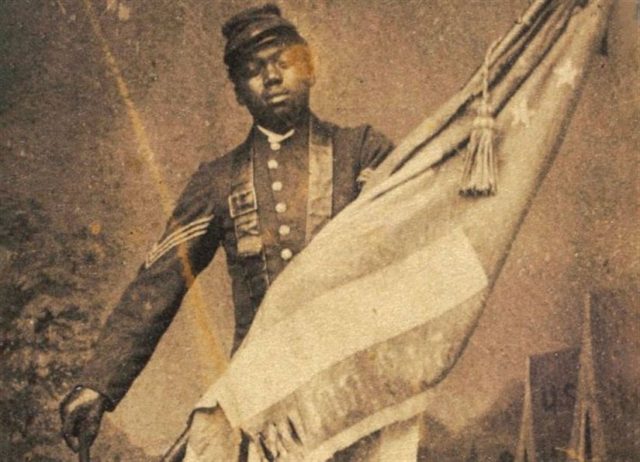

 This essay is about a long-forgotten New Yorker who served in his state’s legislature and twice as governor, then nearly became President of the United States. Much respected, even beloved by many in his day, his name was Horatio Seymour. He deserves to be dusted off and appreciated now, almost 130 years since his death. But first, some context.
This essay is about a long-forgotten New Yorker who served in his state’s legislature and twice as governor, then nearly became President of the United States. Much respected, even beloved by many in his day, his name was Horatio Seymour. He deserves to be dusted off and appreciated now, almost 130 years since his death. But first, some context.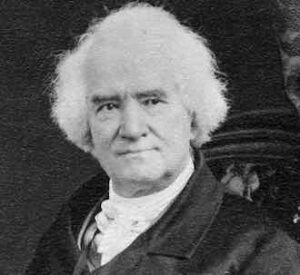 Does the Dallas task force on Confederate monuments know what the antebellum politician, for whom their city was named, thought about the Congressional Acts that supported slavery?
Does the Dallas task force on Confederate monuments know what the antebellum politician, for whom their city was named, thought about the Congressional Acts that supported slavery?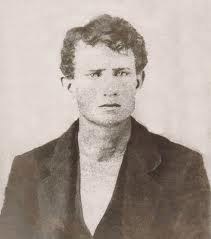
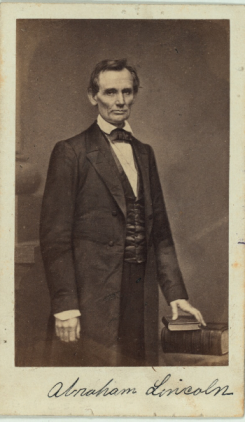 A while ago, I was dumbstruck by a
A while ago, I was dumbstruck by a 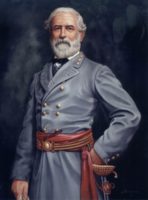 Let me begin on a personal note. I am a 56-year-old, third-generation, African American Washingtonian who is a graduate of the D.C. public schools and who happens also to be a great admirer of Robert E. Lee.
Let me begin on a personal note. I am a 56-year-old, third-generation, African American Washingtonian who is a graduate of the D.C. public schools and who happens also to be a great admirer of Robert E. Lee.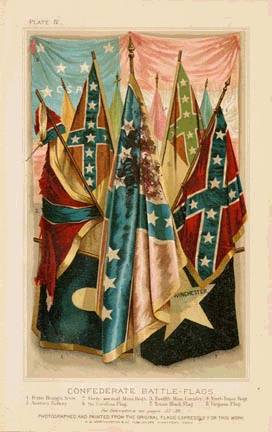 February 24, 2009
February 24, 2009